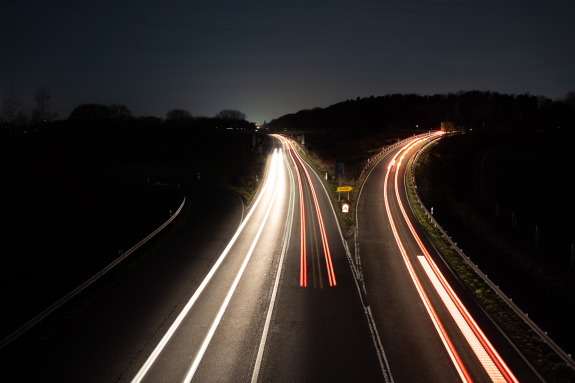24. August 2023
Traffic
Survey: How are people travelling in the district?
Bocholt - Mobility shapes our daily lives. Whether by bicycle, car, on foot or by bus and train - a large number of journeys are made every day. But how exactly do the citizens of the district of Borken get to work, to school, to the shops? Which means of transport are most frequently used? What needs to be done to ensure safe and attractive cycling? How do people rate the bus and train services? The district administration of Borken is now investigating these and similar questions with the help of a household survey on mobility behaviour. The results are to be incorporated into the future transport planning of the district and its municipalities.
In September, the mobility survey "Mobil im Kreis Borken" will be launched. A total of 27,000 randomly selected households from the entire district will be invited to participate in the survey by post over the next four weeks. Some households in Bocholt will also receive mail in the coming days. The size of this sample ensures the representativeness of the survey and enables meaningful results for the entire district as well as for the towns and municipalities belonging to the district. The cities of Bocholt, Borken, Gescher, Rhede and Velen as well as the municipalities of Heiden, Reken and Schöppingen participate in the household survey with an increased sample in order to obtain their own more detailed city- or municipality-specific results.
Circle hopes for lively participation
District Administrator Dr. Kai Zwicker hopes for a lively participation: "The more people take part, the more reliable the results will be. Help to shape mobility in the district of Borken!" For example, people are asked how many cars and how many bicycles or electric bicycles they have in their household, how they personally assess the accessibility of their workplace or how often they work from home each week.
On a given day in September, the individual household members (from 6 years of age) are to document their journeys in a journey log, from going to the bakery, to driving to work, to the supermarket or to the gym, to going for a walk in the evening. The immobility of people is also an important component of the representative mobility behaviour in the district of Borken. Therefore, if no journeys were made, this should also be noted in the questionnaire.
The figures obtained show, among other things, the shares of the different means of transport in the total volume of traffic - the so-called modal split - as well as statements on the satisfaction, wishes and needs of the inhabitants. The results are also interesting in comparison to the previous mobility survey in the district from 2015. At that time, the car was the dominant means of transport in the district, 54 percent of all trips were made by car, as a driver (46 percent of trips) or passenger (8 percent of trips). The share of cycling (32 percent) was traditionally high for the region at that time, while walking (9 percent) and buses and trains (4 percent) played only a minor role.
The survey is conducted by the office Planersocietät from Dortmund. Each randomly sampled household receives a household questionnaire as well as a personal questionnaire and a travel log for each household member. All households contacted can participate online, in writing by post or by telephone. This means that a suitable form of participation in the mobility survey can be offered for each person.
The legal requirements for data protection are strictly adhered to: The data will be evaluated anonymously and all personal data will be destroyed afterwards. Further information on the mobility survey is available on the Internet at www.bor-mobil.de. The first results are expected in the first quarter of 2024.




